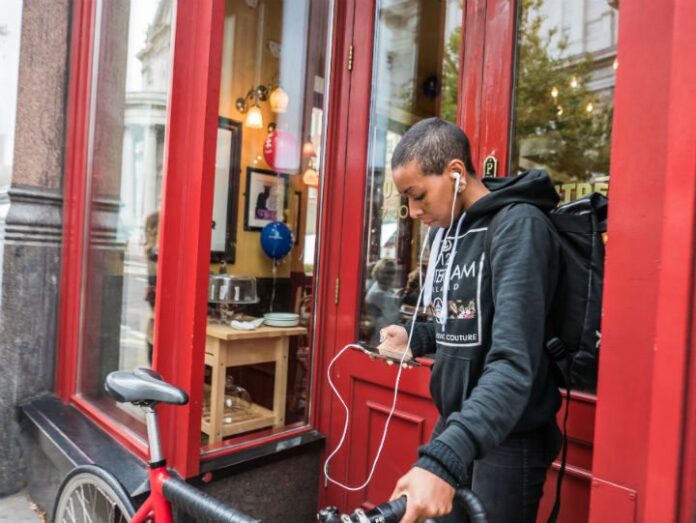CMA doesn’t think BT/EE deal will hurt competition in mobile sector
The U.K.’s competition and consumer authority, CMA, has provisionally cleared BT’s anticipated acquisition of mobile operator EE.
After looking in detail at different markets – including the supply of retail mobile, wholesale mobile, mobile backhaul, wholesale broadband and retail fixed broadband services – CMA has provisionally decided that the merger between BT and EE is not expected to result in a substantial lessening of competition in any market in the U.K.
“Having considered all the evidence, the group does not provisionally believe that, in a dynamic and evolving sector, it is more likely than not that BT/EE will be able to use its position to damage competition or the interests of consumers,” John Wotton, CMA inquiry chairman, said.
“We provisionally think that the retail mobile market in the U.K., with four main mobile providers and a substantial number of smaller operators, is competitive. As BT is a smaller operator in mobile, it is unlikely that the merger will have a significant affect on competition,” Wotton added.
BT currently offers wireless service through a mobile virtual network operator agreement with EE.
In other news out of EMEA, U.K. telecom regulator Ofcom has confirmed plans to award 4G LTE mobile spectrum next year that could be used by local telecom firms to meet the growing demand for mobile broadband services in the country.
The auction, which is planned to take place in early 2016, will offer spectrum in the 2.3 GHz and 3.4 GHz bands made available by the Ministry of Defence as part of a wider government initiative to free up public sector spectrum for civil uses.
Ofcom plans to award 190 megahertz of high-capacity spectrum. This amount of spectrum is equivalent to around three quarters of the spectrum released by Ofcom through the 4G LTE auction in 2013.
The regulator has also published details of the auction process and is setting reserve prices totaling 70 million euro for the spectrum.
“Spectrum is the essential resource which fuels the U.K.’s wireless economy. This auction is an important step in ensuring that the U.K. has the wireless capability to deliver and support new technology,” Philip Marnick, Ofcom spectrum group director, said.
“We’re responding to rapid change and innovation in the communications sector, which is placing greater demands on spectrum,” he said. “Part of our plan to meet this demand is by making new spectrum available and allowing it to be used in a number of different ways.”
Ofcom is proposing to auction the spectrum in lots of 10 megahertz for the 2.3 GHz band and 5 megahertz for the 3.4 GHz band. The regulator said there will not be a cap on the amounts bidders can buy.
The 2.3 GHz band is currently used for high-speed 4G LTE mobile broadband networks in 10 countries: Australia, China, India, Norway, Oman, Russia, Saudi Arabia, South Africa, South Korea and Sri Lanka. The 3.4 GHz band is already used for wireless broadband in a number of countries. In Europe there have been authorizations in Estonia, Germany, Ireland, Italy, Latvia, Macedonia, Norway, Portugal, Spain, Sweden, Switzerland, and the U.K.

